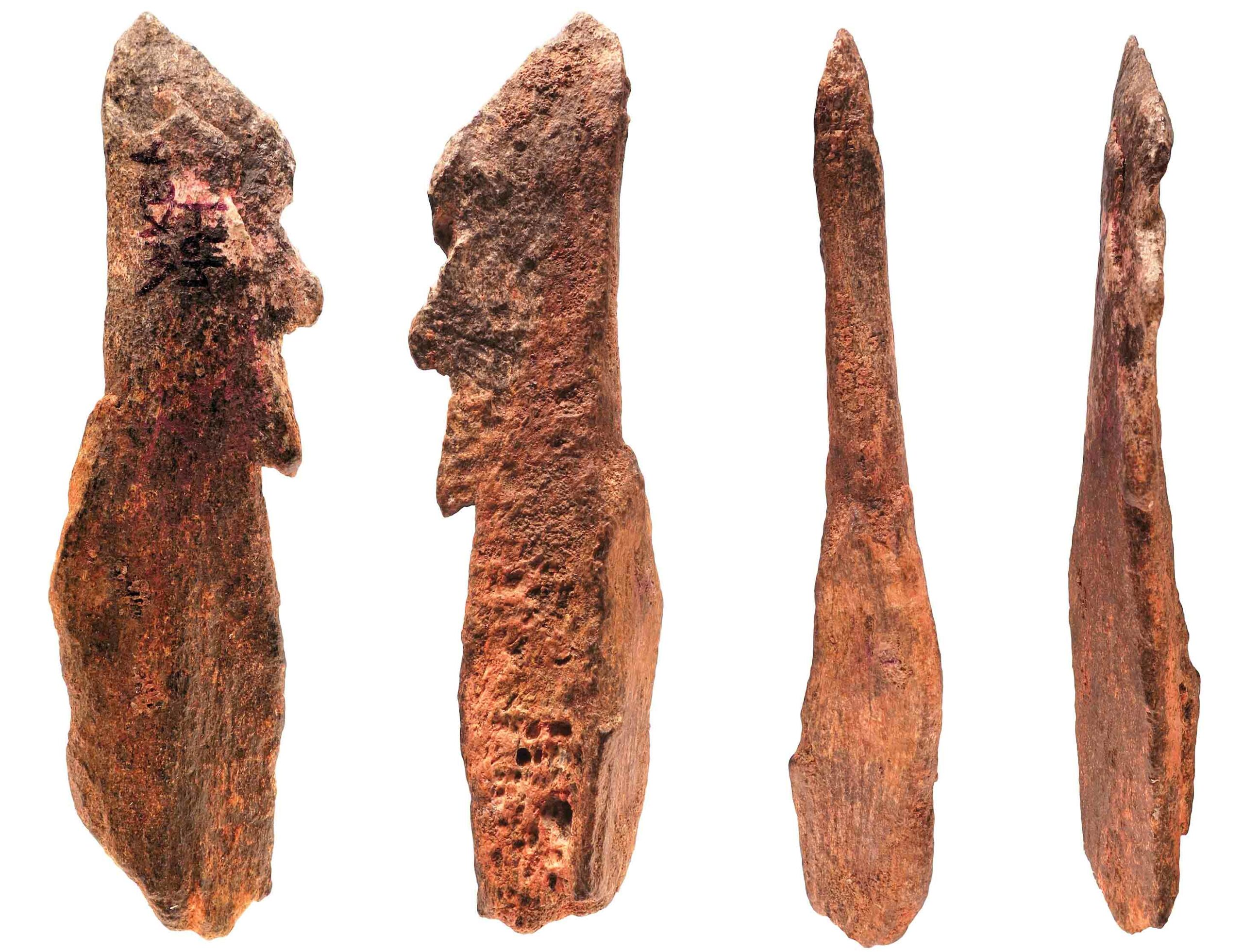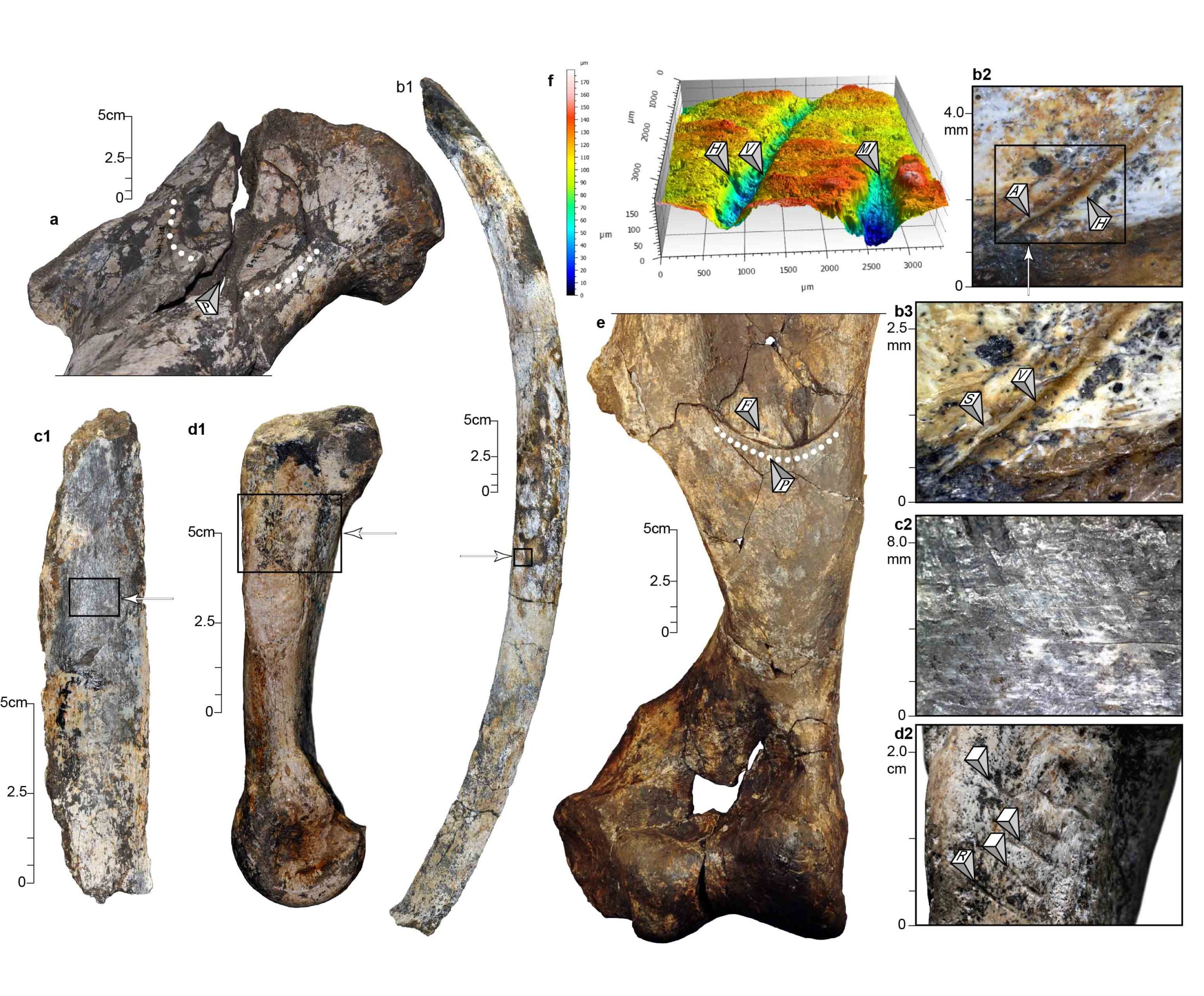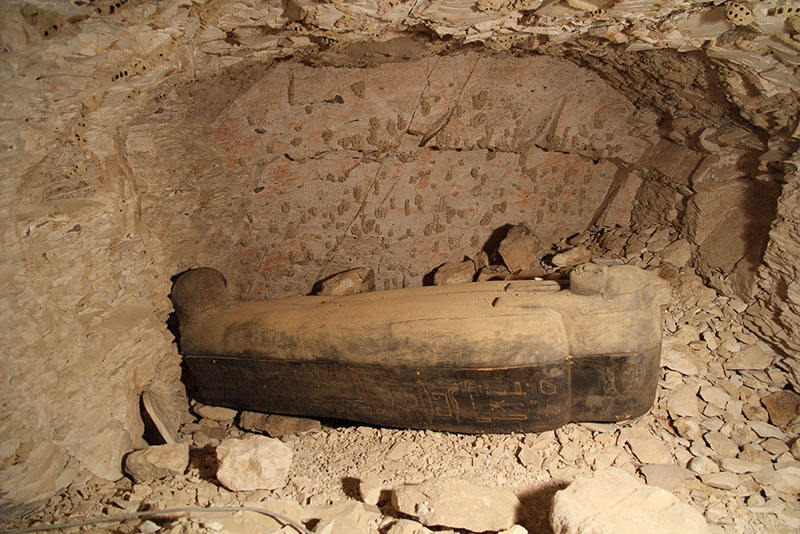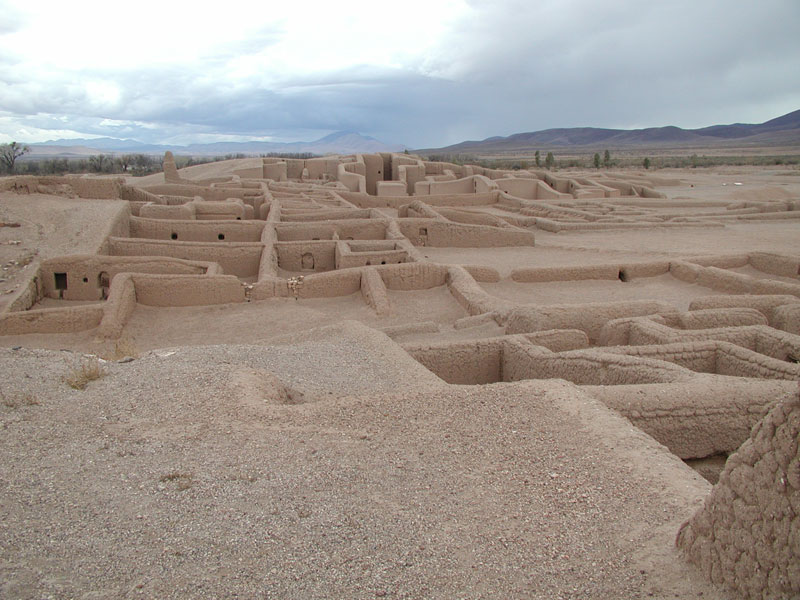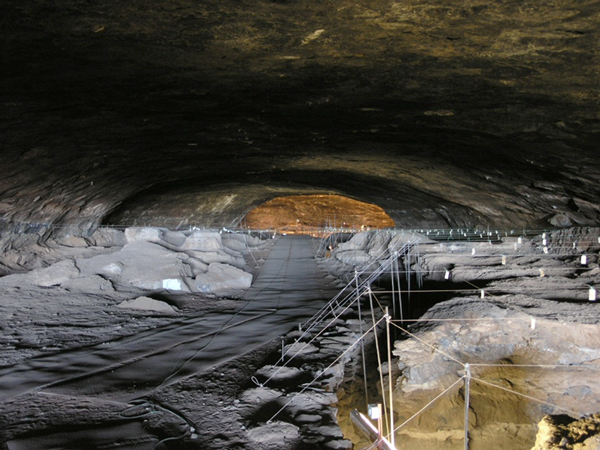
Some paleoanthropologists believe that people have been eating cooked food, and therefore making fires, for millions of years. The evidence for this, so far, has been evolutionary changes in hominin skeletons, such as decreasing tooth and jaw sizes. But there has been very little direct archaeological evidence of fire use prior to 700,000 years ago—until now. Francesco Berna of Boston University and a multinational team of researchers have uncovered evidence that Homo erectus was using fire about one million years ago at Wonderwerk Cave in South Africa.
Using a technique that allows researchers to conduct microscopic analysis of the chemical composition of a sample, Berna was able to identify burned pieces of bone and plant material in the cave's sediments. The sediment came from an excavation unit that is roughly 100 feet inside the cave, which makes it unlikely that the material was burned by a lightning strike or wildfire. According to Berna, learning to use fire was an important turning point for our species—both evolutionarily and culturally. "Control of fire is a tool for adapting to different environments," he says. "It provides warmth, it provides light...and it keeps away wild animals."




